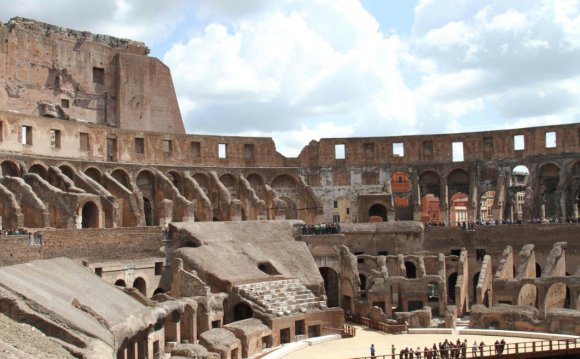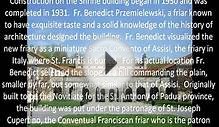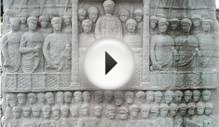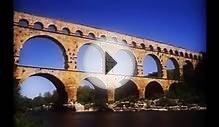
Overview of Roman Art
An overview of Roman Art details different aspects and major forms of ancient Roman art and include the following:
- Architecture - the use of concrete made it possible to build lasting monuments to Rome including the Colosseum and the Pantheon conveying grandeur and scale with their concrete arches and domes
- Statues - The fine detail of full statues conveyed the faces and clothing worn by the Romans. Greek statues were copied by Roman artists but these were usually sculpted in marble rather than bronze. Subjects for their sculptures included gods and goddesses. The Greek style featured large, multi-figure groups with great detail and emotional intensity
- The portrait bust became a popular form of Roman art
- The Triumphal Arch and columns which used relief sculpture and inscription to convey great victories
- Mosaics - Mosaics were used to decorate the floors of many homes owned by the Emperors and Patricians. The Romans used images of nature as subjects together with mythological creatures. Mosaics featured large pictorial scenes which were created from minute pieces of colored stones. Nero and his architects used mosaics to cover the surfaces of walls and ceilings
- Metal work - Coins - Images of people, animals and gods were worked on the coins
- Bas Relief - A sculpture that has a background
- Paintings - the Romans were innovative in their paintings of landscapes and incorporating techniques of perspective
Roman Art - Roman Mosaics
Mosaic work, of inlaid stones or composition of varying shades and colors, gradually superseded painting in Rome. Roman Mosaics were first used for floors, and finally walls and ceilings were ornamented with it. It is true, the ancient Romans could show no such exquisite perfection of colors, tints, and shades as may be seen to-day in the wonderful reproductions of world-renowned paintings on the walls of St. Peter's at Rome; but many ancient mosaics have been preserved which attest beauty of design of the highest character, like the Battle of Issus, discovered at Pompeii; and this brilliant art of mosaics had its origin and a splendid development at the hands of the ancient Romans.
Photo of the Arch of Constantine
Roman Art
The content of this Roman Art category on life in Ancient Rome provides free educational details, facts and information for reference and research for schools, colleges and homework. Refer to the Colosseum Sitemap for a comprehensive search on interesting different categories containing the history, facts and information about Ancient Rome.
RELATED VIDEO












